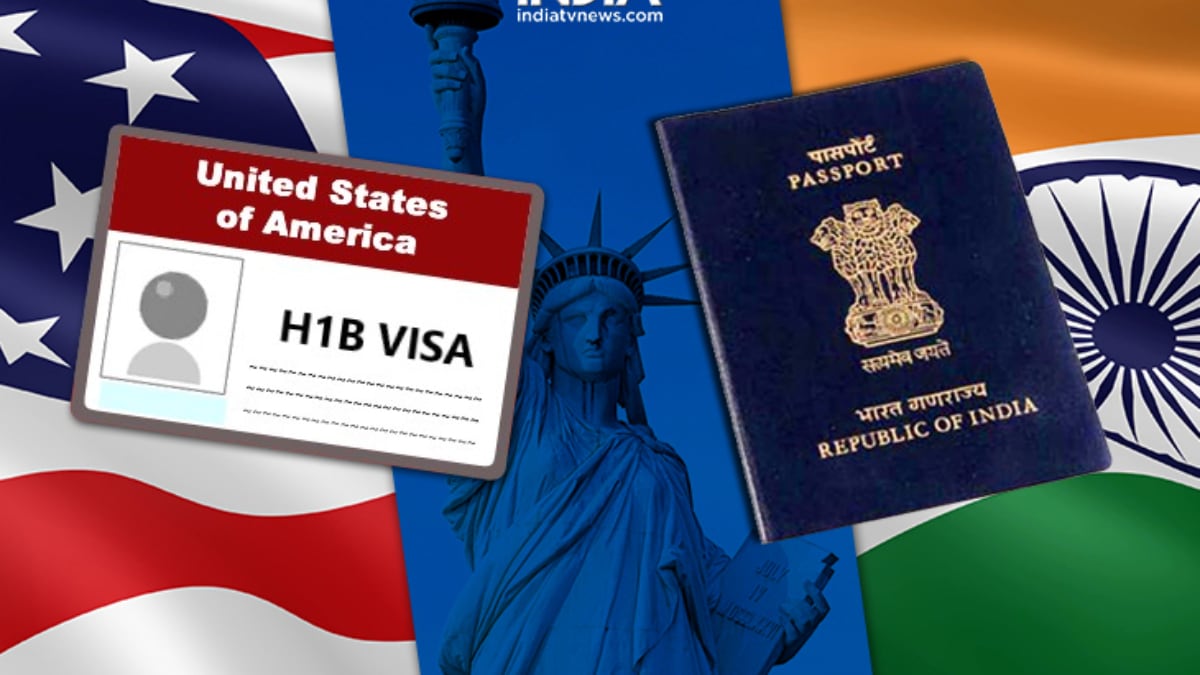Major Companies Halt H-1B Sponsorships Amidst New $100,000 Application Fee and Legal Challenges
The imposition of an unprecedented $100,000 H-1B application fee is immediately forcing major employers to rethink their talent acquisition strategies, directly impacting the pipeline of skilled foreign workers and the competitive landscape for businesses.
Subscribe to our newsletter and stay informed about latest H1B news, policy updates and and other developments.
Article Summary
The Trump administration imposed a new $100,000 fee for certain H-1B visa applications, specifically targeting new applicants located outside the U.S. and effective September 21. This policy has prompted several major US companies, including Cognizant, Intuitive Surgical, Tata Consultancy Services, and Walmart, to pause or reduce H-1B sponsorships. The fee faces legal challenges, with opponents arguing it is cost-prohibitive and detrimental to US innovation.
Original Article: financialexpress.com
[ Sentiment: negative | Tone: factual ]
This summary and analysis were generated by TheNewsPublisher's editorial AI. This content is for informational purposes only; it does not constitute legal or immigration advice.
[ Sentiment: negative | Tone: factual ]
This summary and analysis were generated by TheNewsPublisher's editorial AI. This content is for informational purposes only; it does not constitute legal or immigration advice.
TNP AI: Key Insights
This unprecedented fee hike fundamentally alters the cost-benefit analysis for employers seeking H-1B talent, particularly disadvantaging startups and smaller businesses who may find such a cost prohibitive. It signals a significant shift in the administration's approach to skilled immigration, moving towards a much higher financial barrier to entry.
Prior to this rule, H-1B application fees were considerably lower, primarily consisting of a base fee, ACWIA fee, fraud prevention and detection fee, and potentially a Public Law 114-113 fee, typically totaling a few thousand dollars at most. The $100,000 charge represents an exponential increase, far beyond previous administrative adjustments.
For tech companies and other industries reliant on H-1B talent, this fee creates immense pressure to localize hiring or explore alternative global talent markets, potentially driving skilled jobs outside the U.S. The outcome of the lawsuit filed by the US Chamber of Commerce will be critical in determining the longevity and enforceability of this controversial fee.





